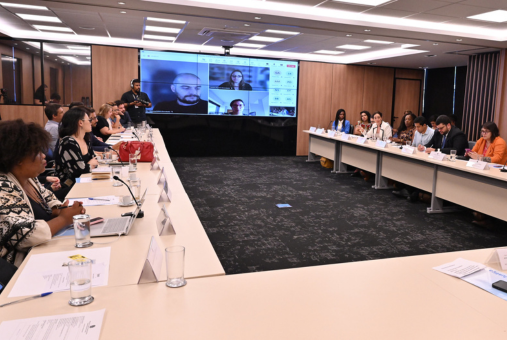
Civil society organizations that participate in the National Observatory of Violence against Journalists and Social Communicators welcome the “good will” of the Brazilian government, but state that a lack of personnel and prioritization of the issue are obstacles to its effectiveness. Changes in the Ministry of Justice, where the Observatory is housed, also concern them.

Aos Fatos, a Brazilian media outlet specialized in fact-checking, integrated ChatGPT with its journalistic production to create a question and answer chatbot, FátimaGPT. On WhatsApp, Telegram and Twitter, the chatbot answers questions from the public based on texts already published on the website.

A study by the Brazilian Association of Investigative Journalism (Abraji) found a 14% increase in the number of lawsuits against journalists and media outlets asking for the removal of content related to the 2022 elections. This is compared to 2018. Researchers highlight the impact on press freedom and the democratic process, as well as trends for municipal elections in 2024.
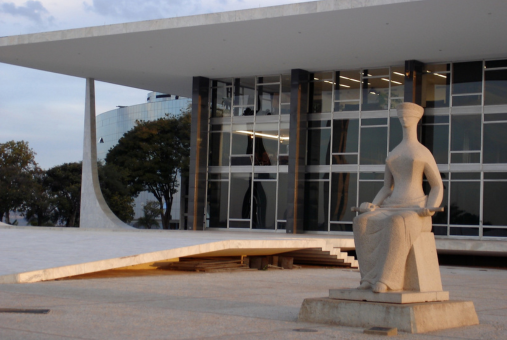
Brazil’s Supreme Federal Court ruled in November that, when a media outlet publishes an interview that contains false information, legal responsibility for that information may fall on the outlet. In a country with a lack of legislation on the issue and where judicial harassment of journalists is growing, the decision worries experts.

Covering executions committed by police officers, how former members of the force become professional killers, and how they form organizations comparable to the mafia: this is the specialty of Rafael Soares, a 32-year-old reporter from the newspapers O Globo and Extra who says he does not feel fear. After the podcast "Pistoleiros," he has just released his first book, "Milicianos."

The cases of Brazilian journalist Schirlei Alves and Chilean journalist Felipe Soto Cortés reveal the impact of the criminalization of defamation on press freedom in Latin America. A ruling by the Inter-American Court of Human Rights against Chile points the way to combating the use of criminal law to silence journalists in the region.
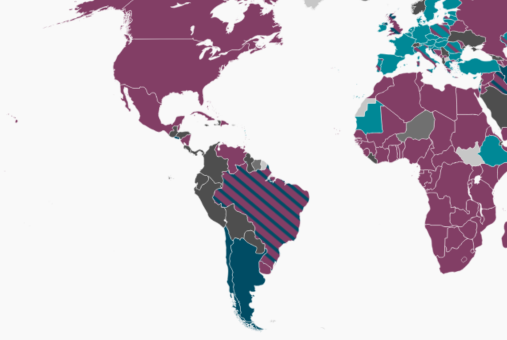
LupaMundi, an interactive map from the Brazilian fact-checking agency Lupa, sheds light on the global state of laws against false information. Countries in Latin America generally don't have specific laws on the subject, and scholars warn of the risks of political manipulation of the issue.
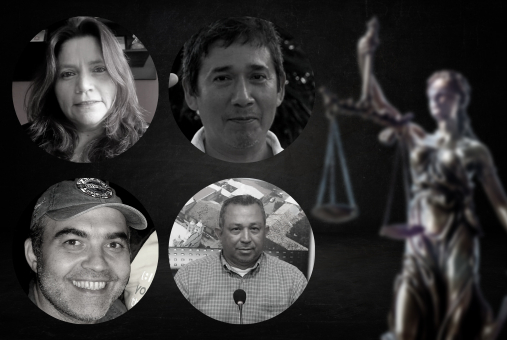
To mark the International Day to End Impunity for Crimes against Journalists, which is celebrated every Nov. 2, LatAm Journalism Review (LJR) is highlighting four cases of journalists from Latin America and the Caribbean that, for the most part, remain unpunished.
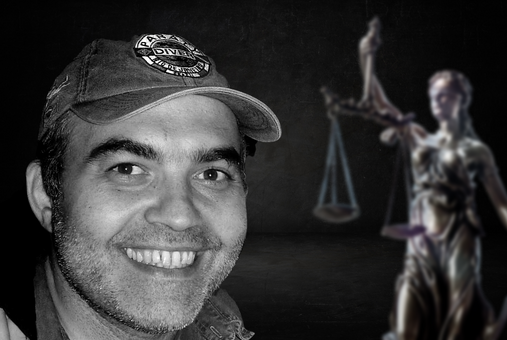
Brazilian journalist Pedro Palma was murdered on Feb. 13, 2014 in Miguel Pereira in the state of Rio de Janeiro. Nine years later, the investigation into the crime remains open and no one has been held responsible. This is one of 25 cases in Brazil with “complete impunity,” according to the Committee to Protect Journalists. It illustrates obstacles to holding accountable the perpetrators and masterminds of crimes against journalists in the country.

The podcast market is booming in Latin America, with annual growth expected to reach almost 30% by 2032. Many narrative journalism podcasts are riding the wave. The author of a pioneering study on the subject in Brazil shares techniques to capture listeners' attention, from theater to sources.
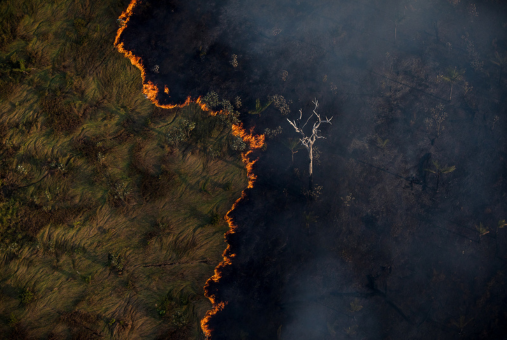
A report by Reporters Without Borders shows the results of a year of monitoring attacks on the press in the Brazilian Amazon. The organization connects the journalistic and climate emergencies in the region, highlighting the importance of independent and local journalism in tackling one of the greatest challenges humanity has ever faced.
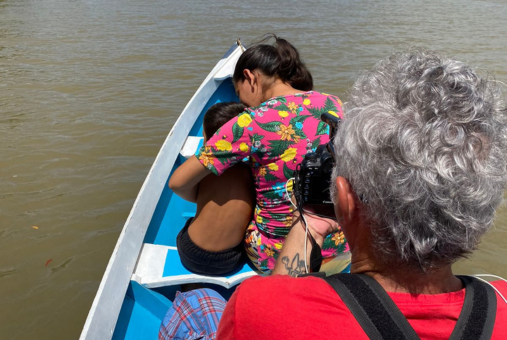
The recently launched Amazônia Vox aims to connect communication professionals and experts from the Brazilian Amazon with journalists and media from other regions. The platform will also produce reports from and about the Amazon, highlighting how Amazonian populations have developed solutions to the problems they face.